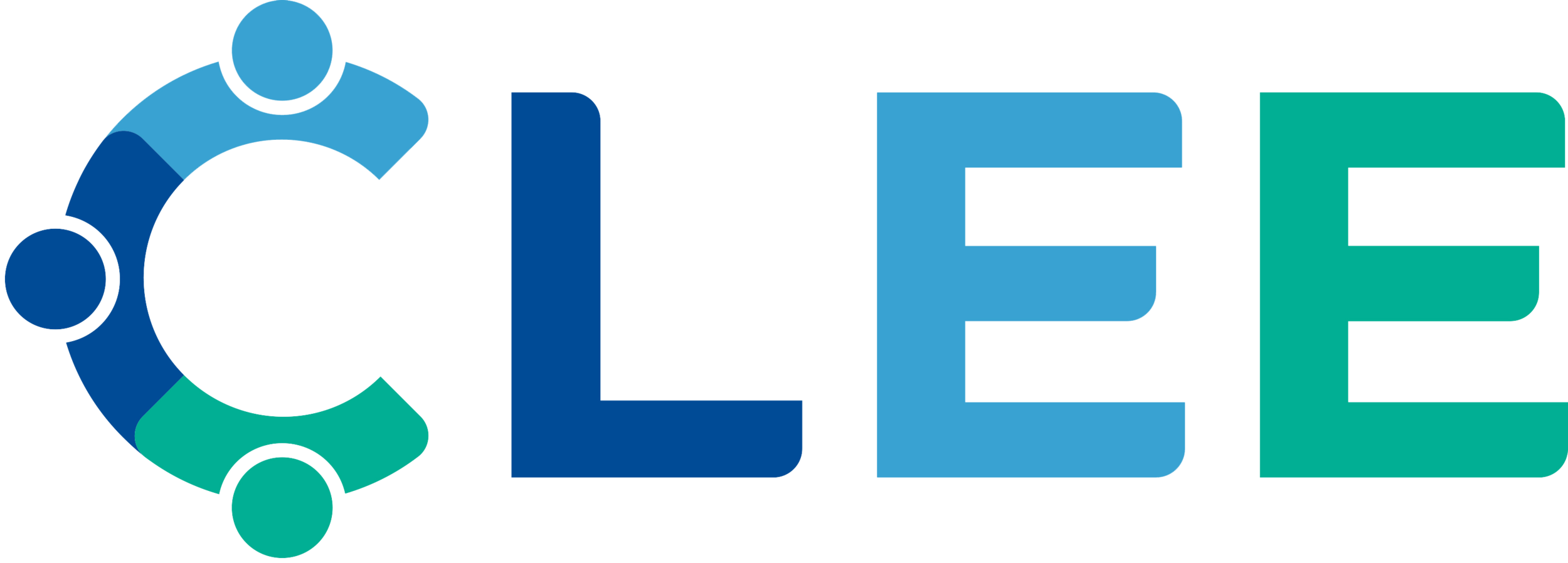Harness the Power of Change Agents from Across the Globe to Create Continuous Improvement in Your Community
Continuous Improvement is crucial to our mission of transforming schools into spaces for joyful learning for each and every student. It is a cycle of actions to get us where we want to go. Recently, Michelle Li, one of CLEE’s program directors who specializes in Continuous Improvement, had a conversation with her mentor, Don Peuarch, a leader in the global Continuous Improvement movement and CLEE Board Member, about his new course/community, “Transforming Education in an Interconnected World”. Here is an excerpt of their conversation:
Don Peuarch, CLEE Board Member
Michelle Li, Director, Learning Leader Network
Please tell us why your new course, “Transforming Education in an Interconnected World,” is important.
Don: We created our new learning series to leverage the untapped potential of local change agents all over the world. We want to pull them into community with each other to build shared understanding and values. We are building on our experiences from our earlier online series. We want to take people into deep engagement and fuel their spirit.
Why is continuous improvement hard work?
Don: In the US and other parts of the world, local innovation is not typically the focus. Problem solving happens in larger policy and innovation contexts, not local context. We want to complement broader innovation efforts with the development of local capabilities. It is often counter-cultural to focus on local innovation and improvement. We are looking for “local mavericks.” With a lack of local mentors, one way to support local change agents is to bring them into community with each other in the online space. We can collaborate across distances to see innovation from other contexts that fuels us locally.
Michelle: This connects to using protocols and adult collaboration. Being part of this community can create additional frameworks. There is this tension between innovation and the role of local change agents that you talk about in your article (Collaborative, Continuous Improvement: Reimagining Educational Innovation in Local Contexts). Learning together in the series will be eye-opening and help existing communities feel the power of collaborative tools.
Don: Bringing people together to learn presumes that they have the abilities to collaborate productively in online environments. But you need routines and tools to scaffold people to do work they don’t currently do. We can use protocols and routines to establish conventions to support people in learning in novel ways. Common practice makes time together more effective. We want to scaffold effectiveness and establish collegial learning.
Michelle: I love the ideas of “local mavericks” and “countercultural learning”. At CLEE, we try to counter one-way delivery of a lot of webinars and online learning. Most of our tools are open sourced, so the idea of using them to build a global community is exciting! CLEE, and the SRI community now part of CLEE, has felt US-centered, but now we can connect to different contexts and places. Imagine what we can learn by being in this larger ecosystem.
Don: We are bringing a fantasy world to life. We are bringing people together and creating a space for local change agents to stay engaged with each other. We are also inviting colleagues in research and support organizations to learn alongside local change agents. It is pretty “high concept” and it is going to take awhile. We are taking a patient, slow “crockpot” approach to developing our global community rather than cranking up the burner. We want to see what develops together over time.
Take action for Continuous Improvement in your local context today!


